The Resonance of Billo’s Caracas Boys
In the vivacious realm of Latin American music, few ensembles have left as profound a mark as Billo’s Caracas Boys. Born from the vision of one man and evolving into a cultural phenomenon, this musical institution has become synonymous with the heartbeat of Venezuela. Join us on a rhythmic journey through the biography of Billo’s Caracas Boys, exploring the origins, the melodies, and the enduring legacy of a band that has harmonized hearts across generations.
The Maestro’s Prelude: Billo Frómeta’s Early Days
Our tale begins with the maestro himself – Luis María Frómeta Pereira, affectionately known as Billo Frómeta. Born on November 15, 1915, in the Dominican Republic, Billo’s early years were marked by an undeniable passion for music. His talents as a pianist and composer unfolded, setting the stage for a musical journey that would transcend borders.
Venezuela’s Embrace: Billo’s Arrival and the Birth of a Legacy
In 1937, destiny called Billo Frómeta to Venezuela. Caracas, the bustling capital, became the canvas on which he painted his musical dreams. The city’s vibrant energy and cultural diversity provided the perfect backdrop for Billo’s artistic aspirations.
The inaugural notes of Billo’s Caracas Boys were played in 1940, signaling the birth of an ensemble that would redefine Venezuelan music. Billo’s vision was clear – to create a big band that blended Afro-Caribbean rhythms, jazz influences, and the vivacious spirit of Venezuela. The result was a symphony of sound that resonated with people from all walks of life.
The Big Band Phenomenon: Revolutionizing Venezuelan Music
Billo’s Caracas Boys pioneered the big band sound in Venezuela, introducing a new musical landscape that would captivate audiences for decades. With a lineup featuring brass sections, percussion ensembles, and a dynamic array of instruments, the Caracas Boys stood out as a musical force to be reckoned with.
Their repertoire was a kaleidoscope of genres – from merengue and bolero to guaracha and cha-cha-cha. The band’s ability to seamlessly fuse traditional Venezuelan rhythms with international influences set them apart, creating a genre-defying sonic experience that appealed to a broad spectrum of listeners.
Chart-Toppers and Dancefloor Delights: Billo’s Musical Mastery
Billo’s Caracas Boys swiftly ascended the musical ranks, becoming a household name across Latin America. Their recordings became chart-toppers, and their live performances turned dancefloors into pulsating celebrations of rhythm and joy.
One of their iconic hits, “La Culebra,” a lively merengue, became a dance anthem, not just in Venezuela but across the continent. Billo’s magical touch was evident in every composition – a blend of sophistication, playfulness, and an unwavering commitment to preserving Venezuela’s musical heritage.
Billo’s Legacy: A Musical Empire Takes Root
As the Caracas Boys continued to dominate the airwaves, Billo Frómeta’s legacy expanded beyond the realm of music. He became a cultural icon, a figurehead of Venezuelan identity, and a beloved maestro whose melodies transcended generations. Billo’s Caracas Boys were not just a band; they were a cultural institution, a testament to the enduring power of music to unite people and bridge cultural divides.
Cultural Fusion: Billo’s International Impact
While deeply rooted in Venezuelan folklore, Billo’s Caracas Boys embraced cultural fusion, inviting international influences into their repertoire. Their music became a melting pot where Caribbean rhythms, jazz improvisation, and Latin American flavors converged. This openness to diverse musical elements contributed to the band’s global appeal, earning them fans far beyond Venezuela’s borders.
The Maestro’s Baton Pass: Billo’s Enduring Presence
Billo Frómeta’s dedication to his craft and his unwavering passion for music continued to drive the Caracas Boys even as he took a step back from the limelight. The maestro’s baton pass to José Antonio “Ricardo” Rada marked a transition, ensuring that Billo’s musical legacy would endure.
Under Ricardo’s leadership, Billo’s Caracas Boys continued to evolve, adapting to changing musical landscapes while preserving the essence of their iconic sound. The band’s commitment to excellence and their ability to resonate with new generations solidified their status as a timeless musical institution.
The Caribbean Beat Lives On: Billo’s Caracas Boys Today
In the digital age, where musical trends come and go, Billo’s Caracas Boys persist as a beacon of timeless rhythm. Their music remains accessible through various platforms, allowing new audiences to discover the enchanting melodies that defined an era.
Conclusion: Billo’s Caracas Boys – A Symphony of Timelessness
As we conclude our journey through the biography of Billo’s Caracas Boys, the echoes of their music reverberate through the annals of Venezuelan history. From Billo Frómeta’s vision to the vibrant ensemble that became a cultural treasure, the Caracas Boys’ story is a testament to the enduring power of music to transcend time and touch the soul.
In every note played by Billo’s Caracas Boys, there resides a piece of Venezuela’s cultural identity – a celebration of diversity, a fusion of rhythms, and an unwavering commitment to the joyous spirit of music. Their biography is not just a chronicle of a band; it’s a narrative of a musical empire that shaped the soundscape of a nation and left an indelible mark on the hearts of those who danced to their tunes.
As Billo’s Caracas Boys continues to serenade listeners, their legacy stands as a testament to the ability of music to create bridges, evoke emotions, and weave a tapestry of memories. The Caracas Boys are not merely a musical ensemble; they are a timeless symphony that harmonizes hearts across generations, reminding us that the magic of their Caribbean beat lives on in the soul of Venezuelan music.
.- Youtube.com – Billo’s Caracas Boys Link here.


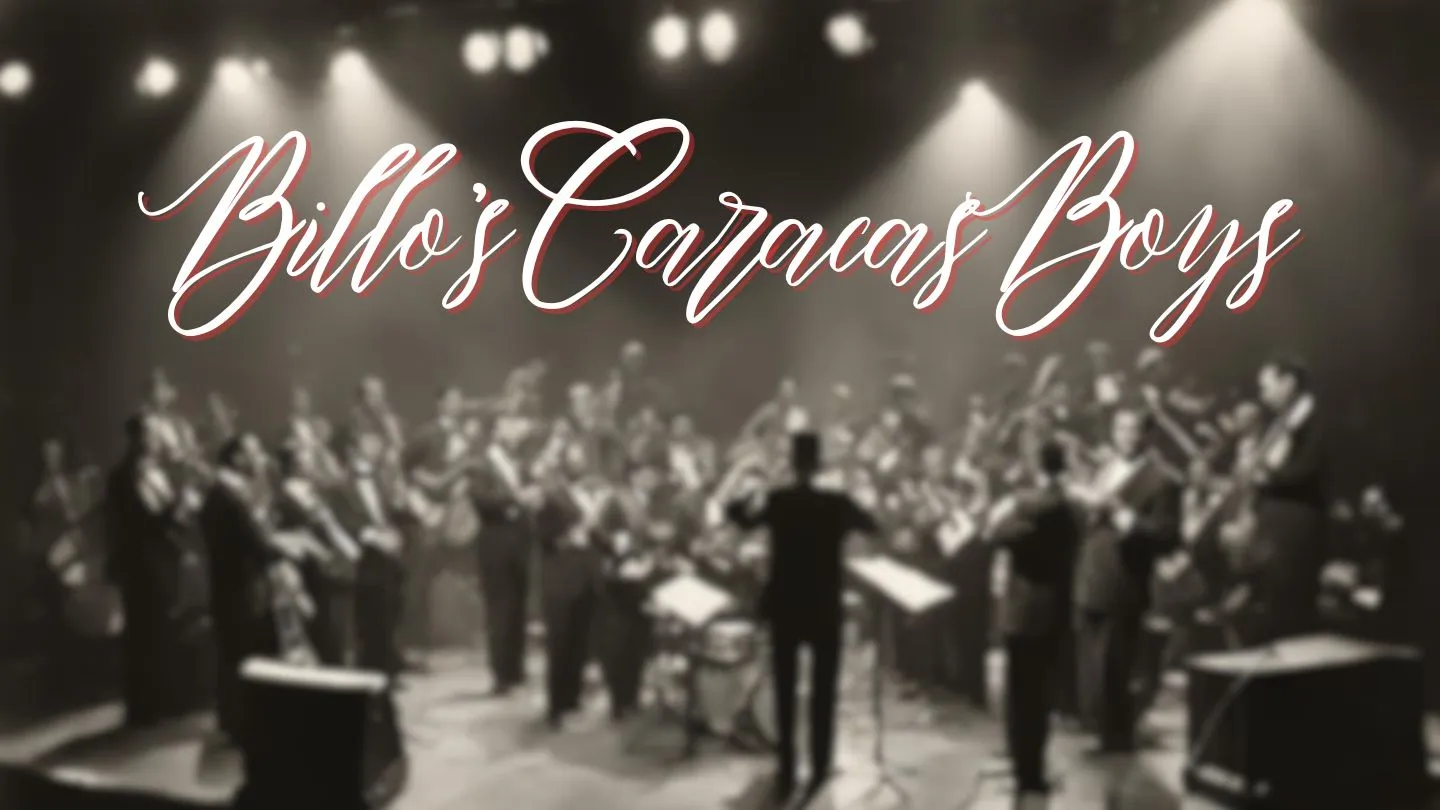

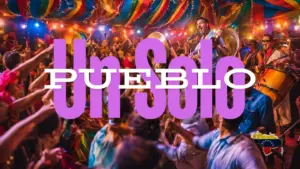

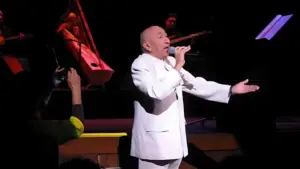
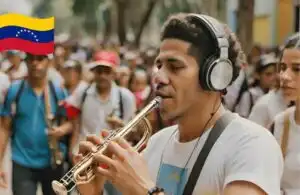
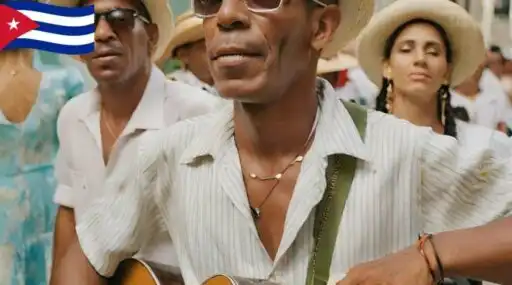
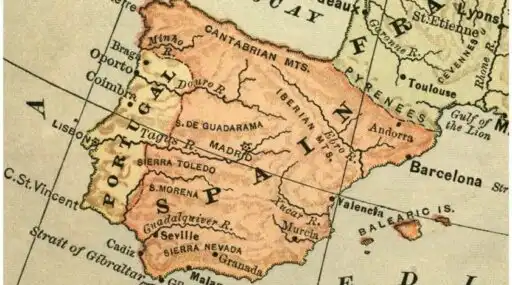

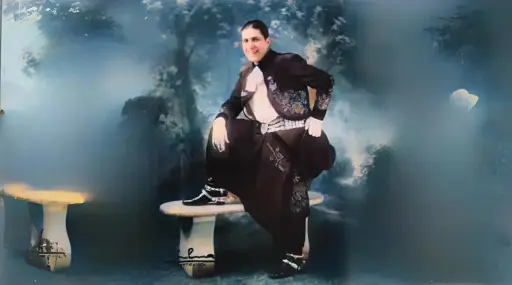



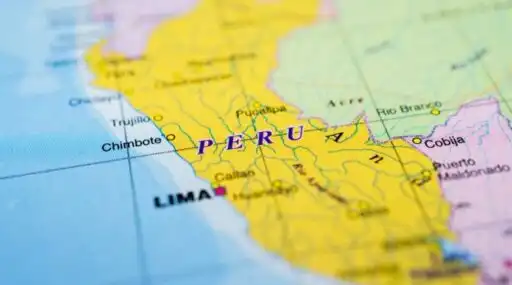
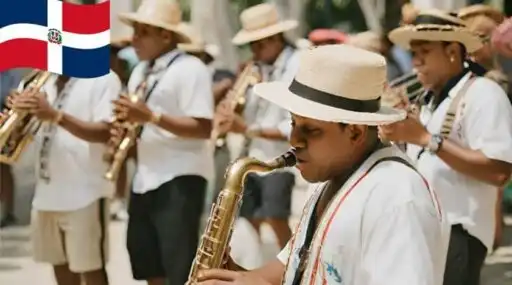
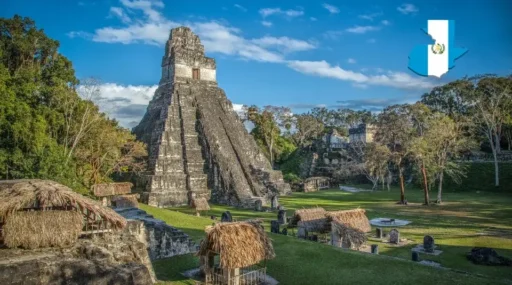
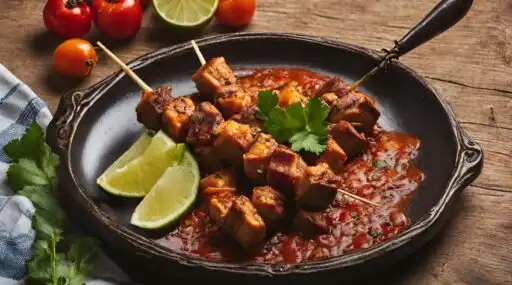

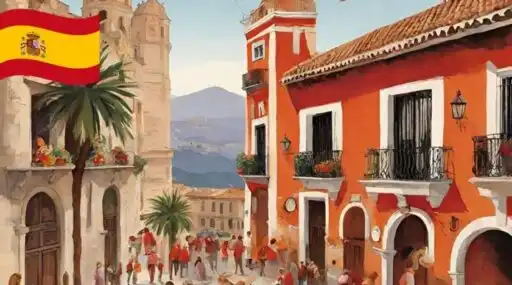
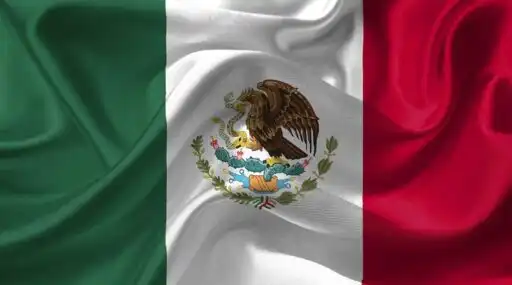

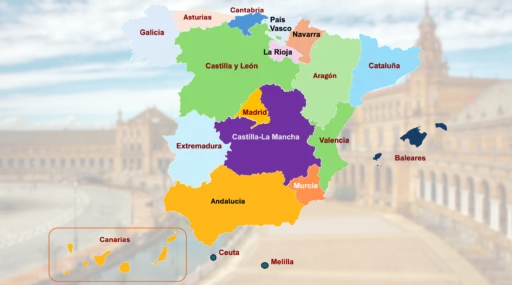
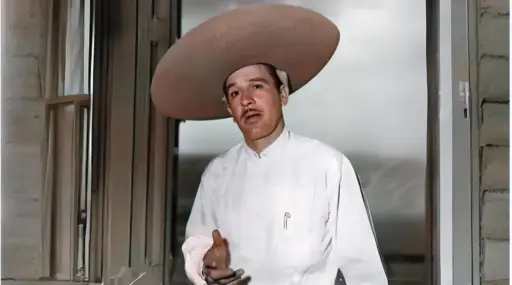

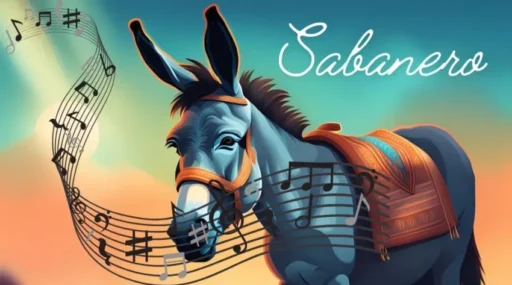
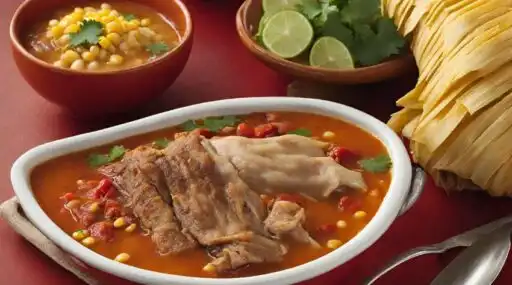
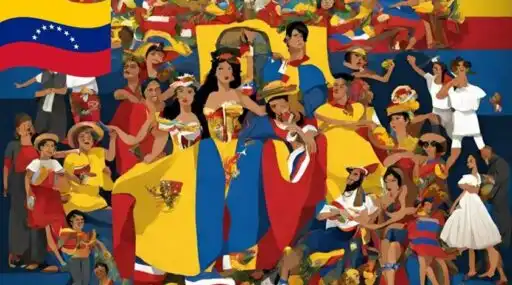

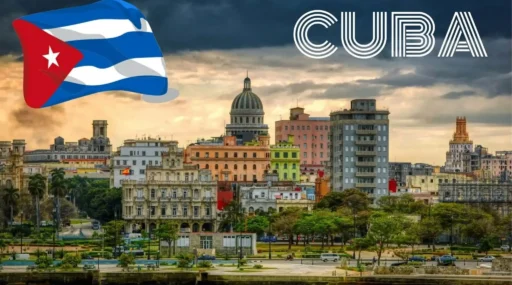


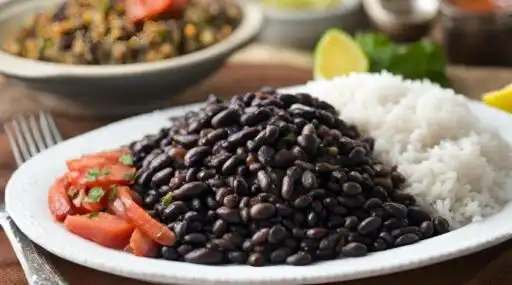


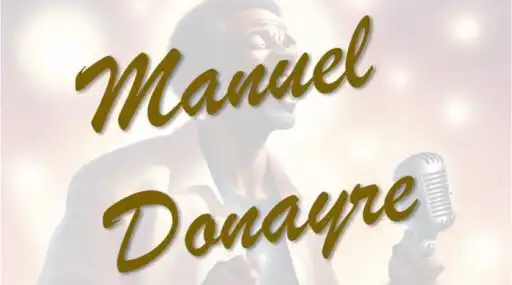
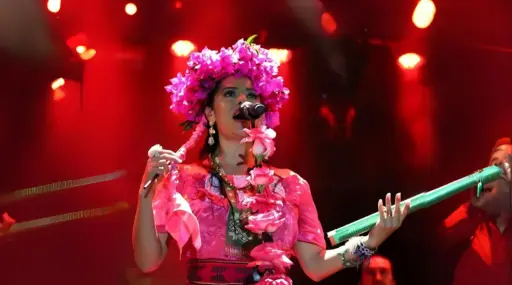
Leave a Reply